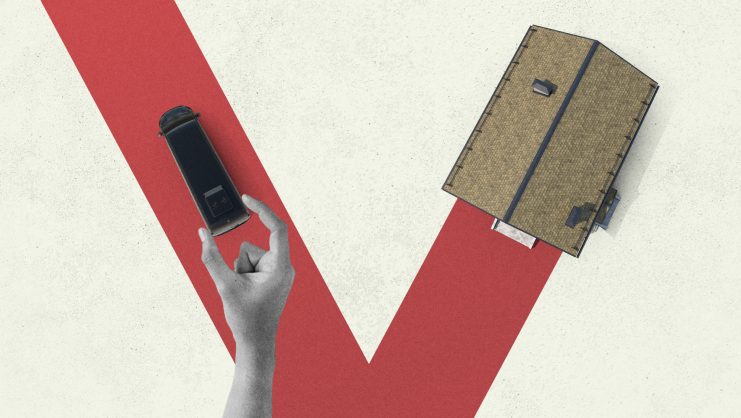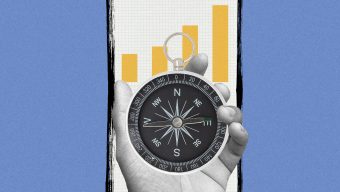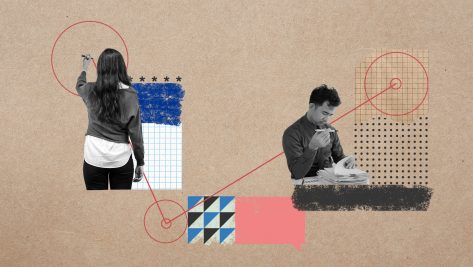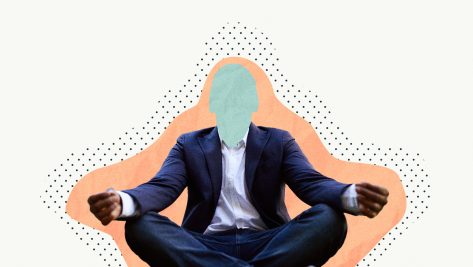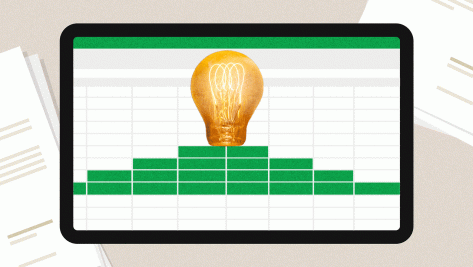How Sleep Can Transform Society
We think of sleep as an individual responsibility, but if we were all better rested we would be more engaged, resilient, and empathetic, explains Lisa Bevill, Director of the IE Center for Health, Well-being and Happiness.
© IE Insights.
Transcription
Sleep is important because it impacts absolutely every area of our life. Yet at the same time, sleep is completely underrated. So sleep is something that is considered an individual responsibility. But at the same time, we have an opportunity as a society to consider sleep as a driver for change. Collectively, if we were all to be more rested, we would be able to engage in our work, connect with others, have greater emotional regulation and resilience, which would allow us to really co-create, to take on different perspectives, to empathize.
So what can we do to improve our sleep? Well, actually, we think about sleep at night, but it’s the daytime routines that have the greatest impact on our sleep at night. One of the critical elements of healthy sleep is being able to have movement during the day. So up to a half an hour of just walking around being active can have a positive impact in your sleep.
Nutrition has also been shown the increasing of fruits and vegetables has an impact on the quality of your sleep. How can we consider the rituals around that going to sleep time and the waking time that are going to help us to be our best? We often want to just push the button, flip the switch, go to sleep. It doesn’t work that way.
If we pay attention to our nature and we have a sunset and we have a sunrise, it’s a process. How can we create a transition from our day into our night? That’s something different for each and every one of us. There is no right answer. How can we leverage the diversity of options of rituals for sleep?
Some people like to take a hot shower. Other people like to do stretching. Other people like to have a hot tea or meditate. That’s a really personal decision. Things that we can decrease. Of course, our caffeine and alcohol intake are going to impact the quantity and quality of our sleep. And the silent killer: stress.
So we all know that stress has a negative impact on our health. It has a massive impact, direct impact on our sleep 24 hours after stress. So how can we set up systems that are going to help us to relativize and manage stress in a different way? So possibly taking breaks during the day, appreciating nature, connecting with a friend, and again appreciating what we’ve accomplished during the day.
And finally, technology and the habits that we have in terms of technology at night and during the day. So if we stop and think about our use of technology before we go to sleep, we see that oftentimes we are on our phones, on tablets, with screens that are actually blocking our natural production of melatonin. So we’re not feeling as sleepy. We’re thinking we’re awake yet, our body is really tired. And then when we actually go to sleep, we have more trouble getting to sleep.
So, if we can imagine that we’re creating a new world, and how we live and how we work. If we were to say sleep is a driver for a better society, it’s all within our control. Yet how do we help each other to set up the routines and the practices that are going to help us to sleep better, help to then reduce stress, and connect on a human level for greater outcomes and positive impacts?



